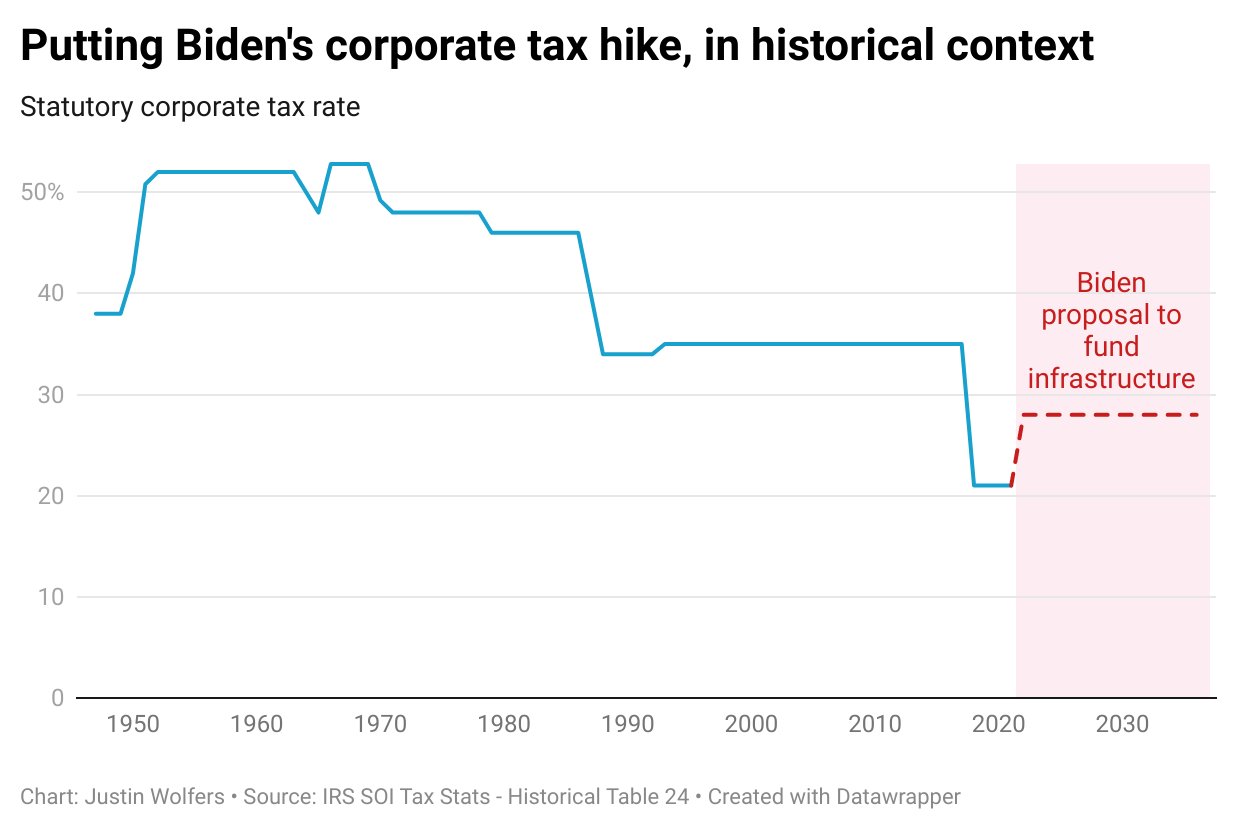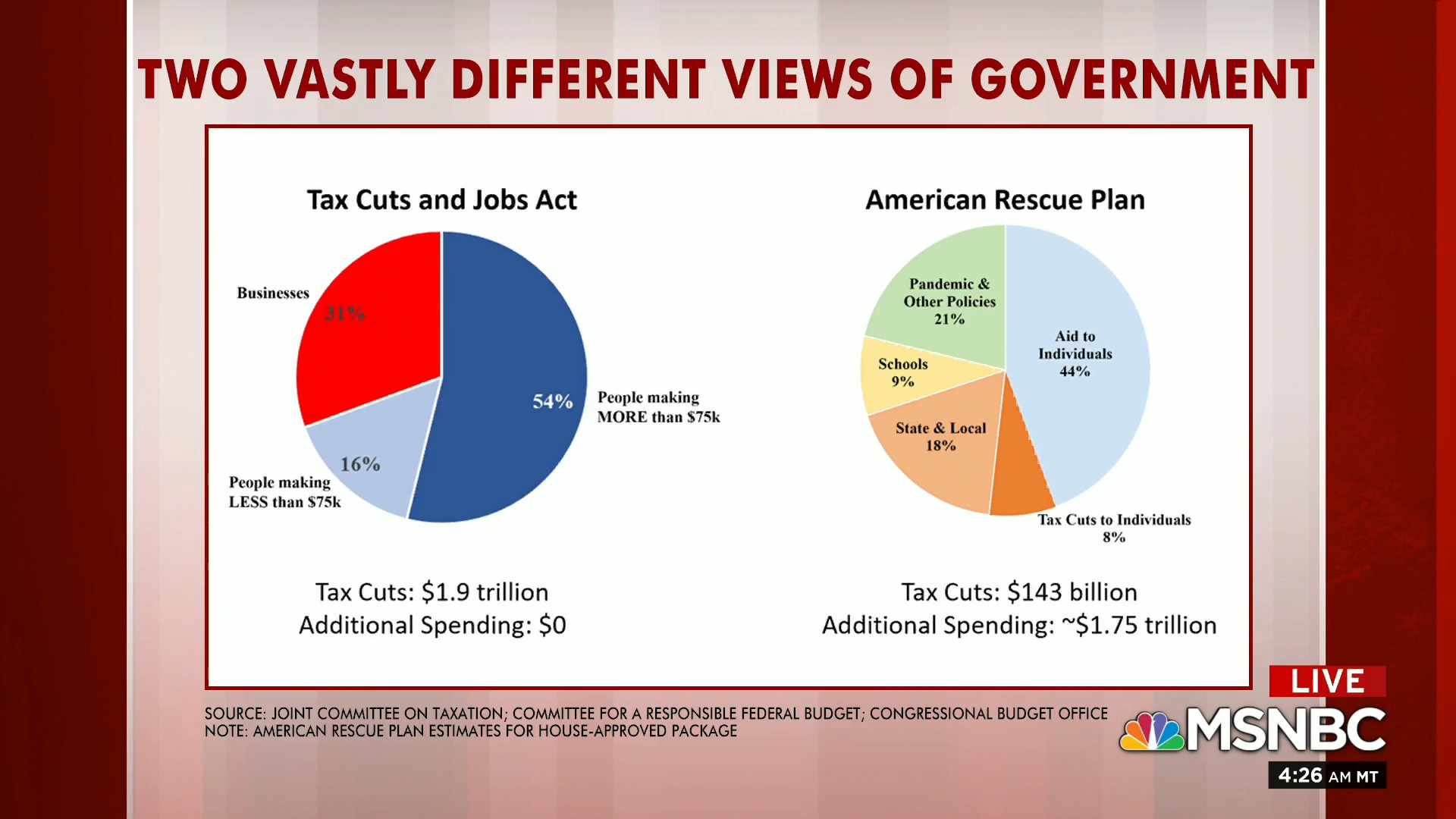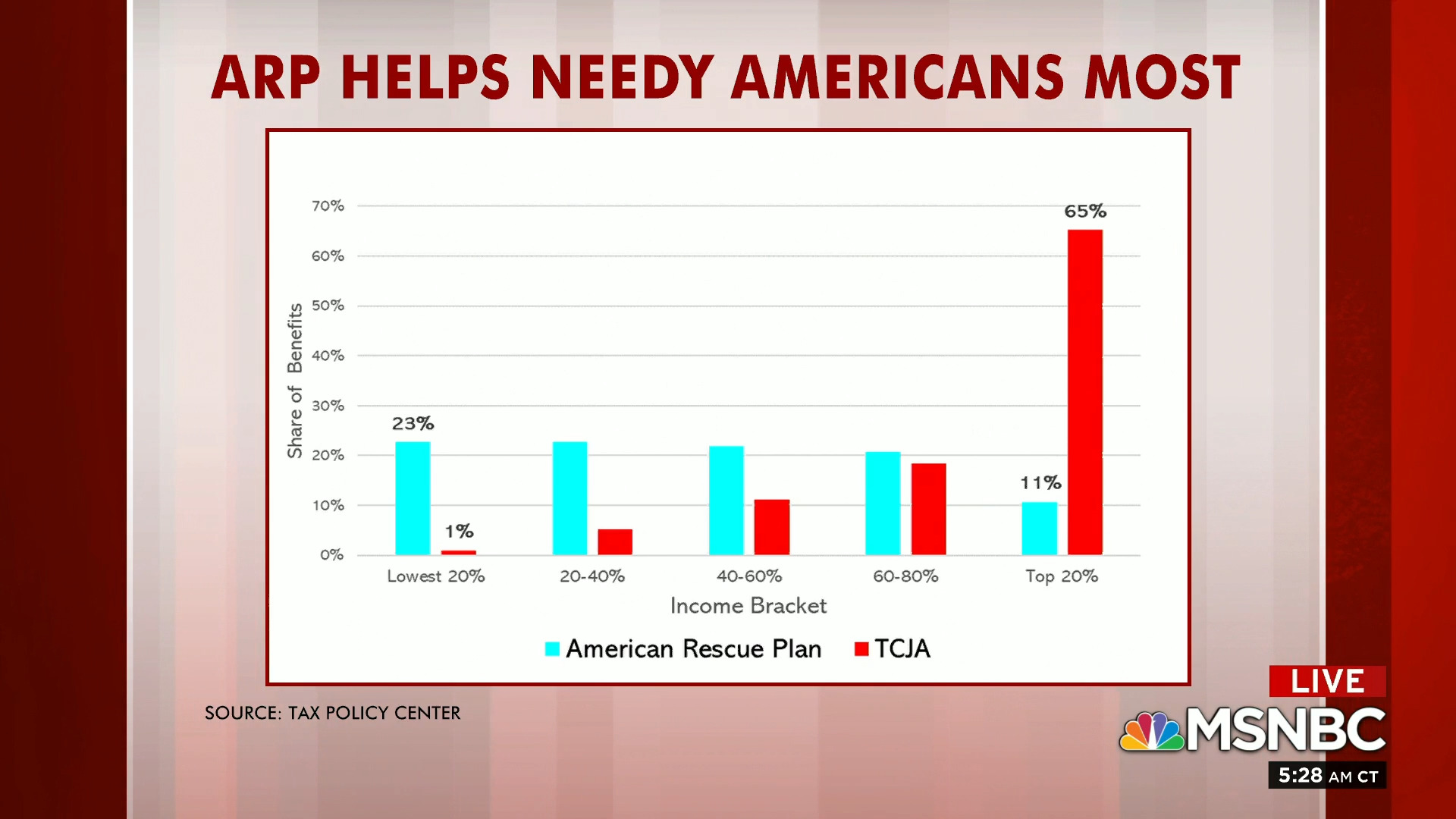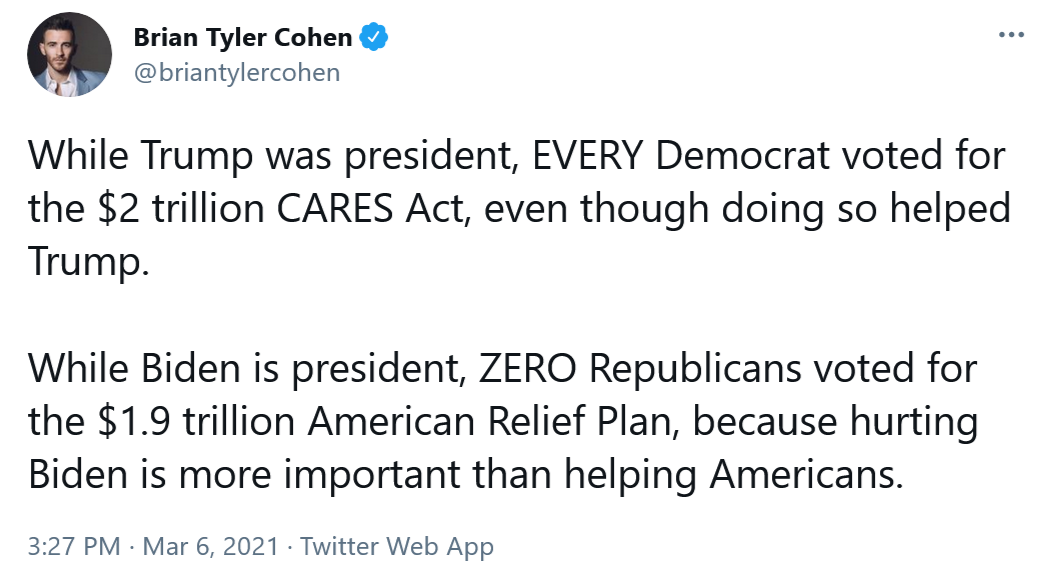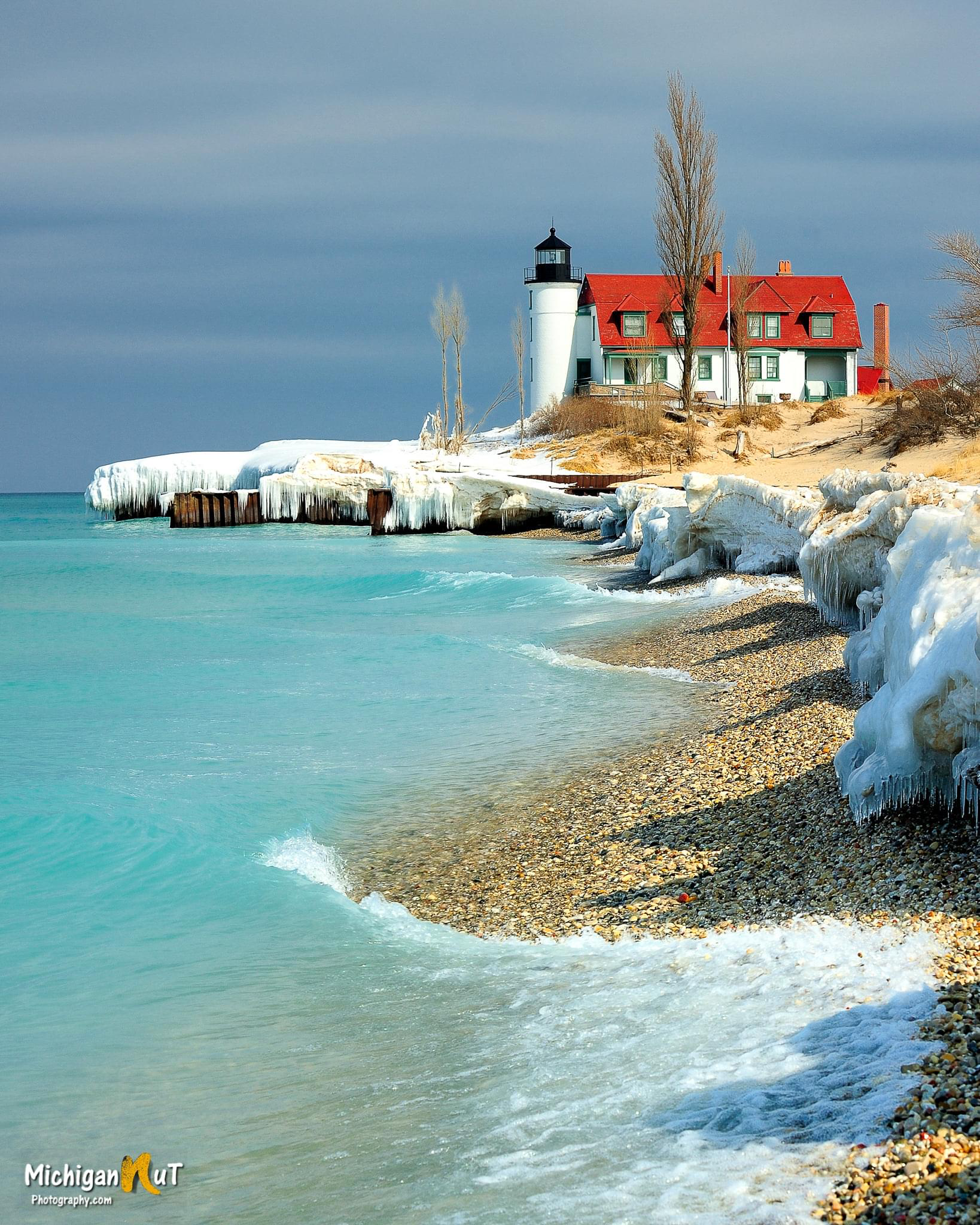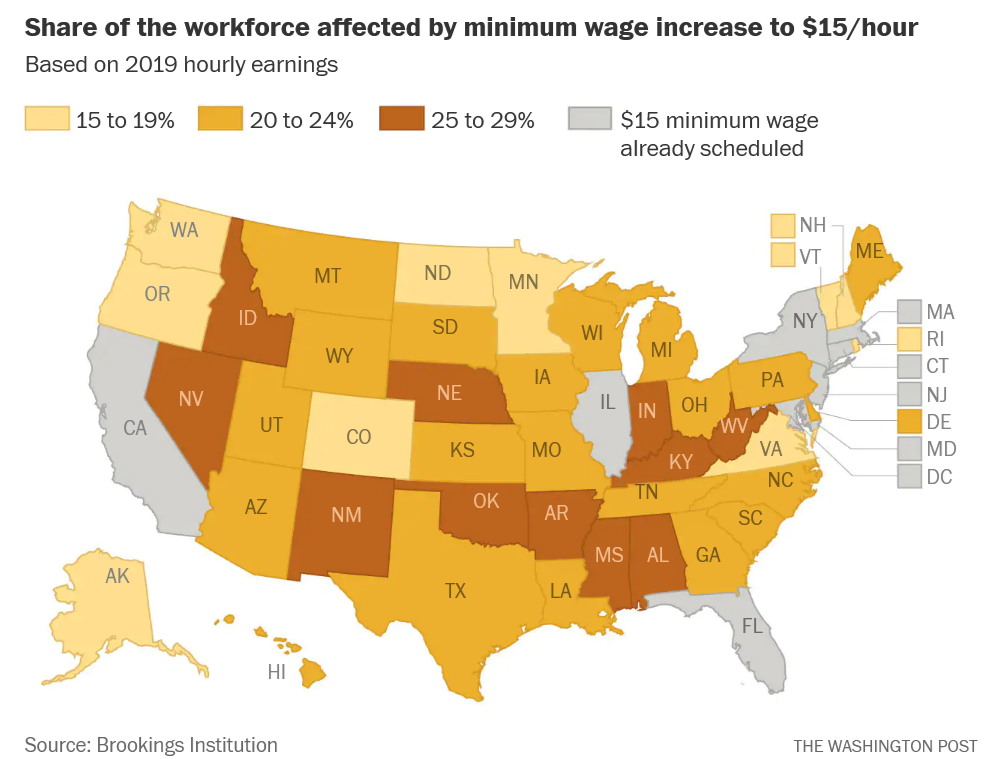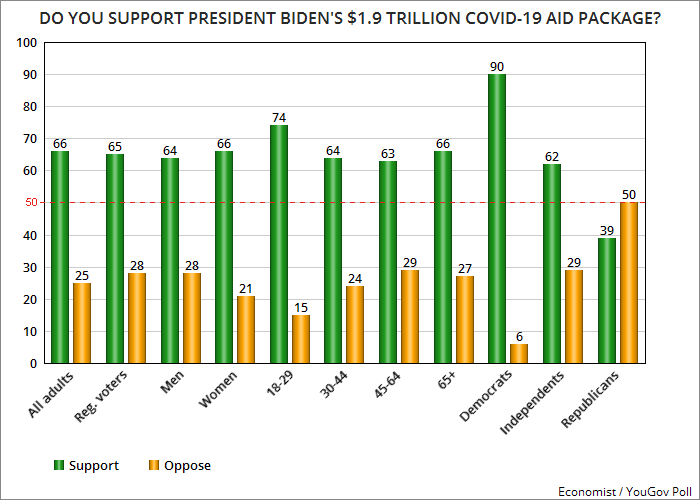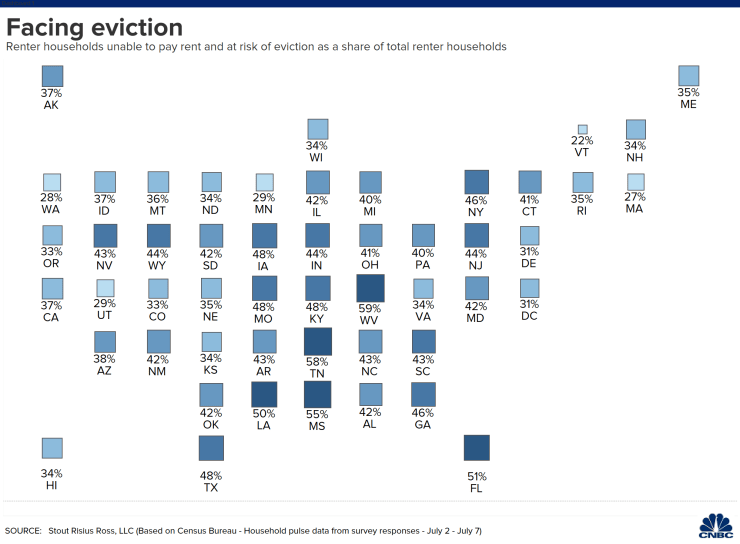Both Houses of Congress have finally agreed to set up a committee to investigate the causes of the January 6th attack on the Capitol. Democrats wanted a Congressional investigation to reveal the causes of the insurrection so Congress could pass laws to prevent it happening again.
Republicans had been blocking its creation. Initially, they wanted to investigate all political violence in the country, including that caused by “Antifa”. Their strategy was that could water down the committee’s report and possibly obscure the role of Trump’s supporters in the insurrection.
The 10-person bipartisan commission will be evenly split between the parties. The Speaker of the House and Senate Majority leader will together appoint five commissioners, including the chair. The House and Senate Minority leaders will appoint the other five commissioners, including the Vice Chair.
Commissioners cannot be current government appointees and must have significant expertise in the areas of law enforcement, civil rights, civil liberties, privacy, intelligence, and cybersecurity.
This might look like a victory for the Democrats, but it isn’t. The Republicans can control the investigation through the committee’s subpoena power. To issue any subpoena, at least 6 members of the committee must agree. This gives the GOP the power to veto calling any witnesses.
It will probably result in a milquetoast committee report. The GOP’s inherent veto over the subpoena process is a flaw that potentially dooms the investigation to failure. On to cartoons.
Same as it ever was:
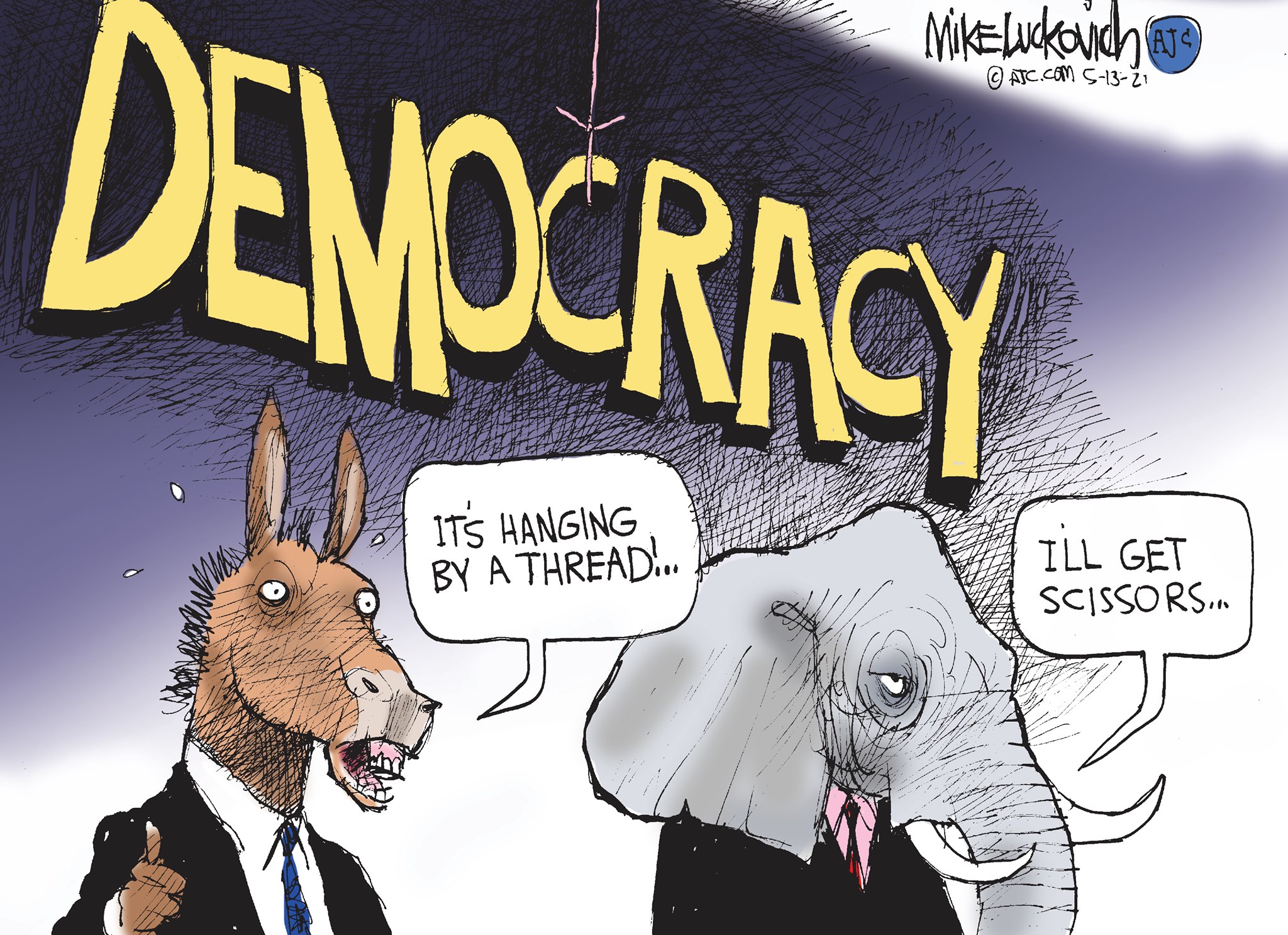
If the elephant’s trunk was like Pinocchio’s nose:
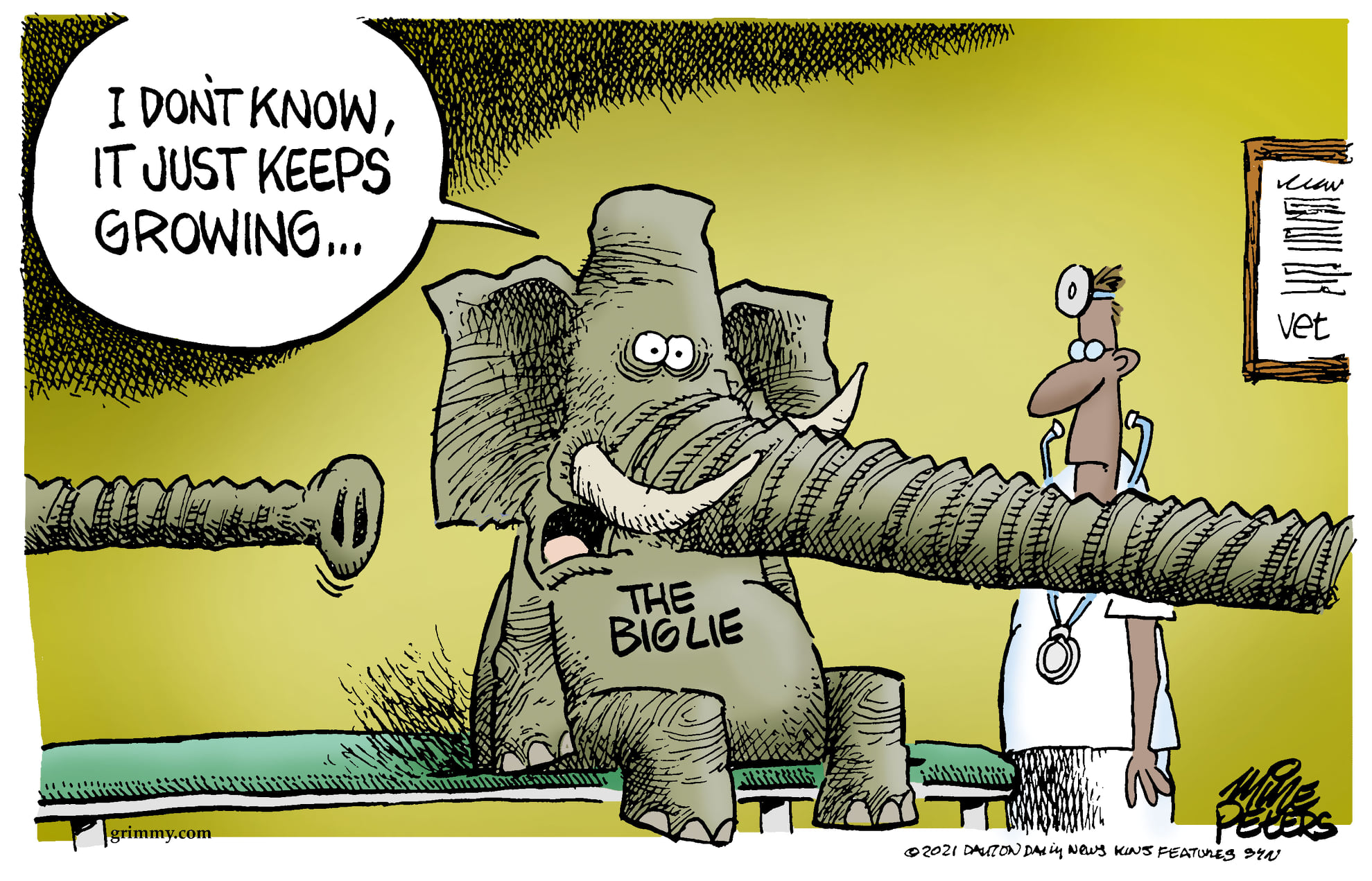
How business’s view changed from stimulus #1 to #2:
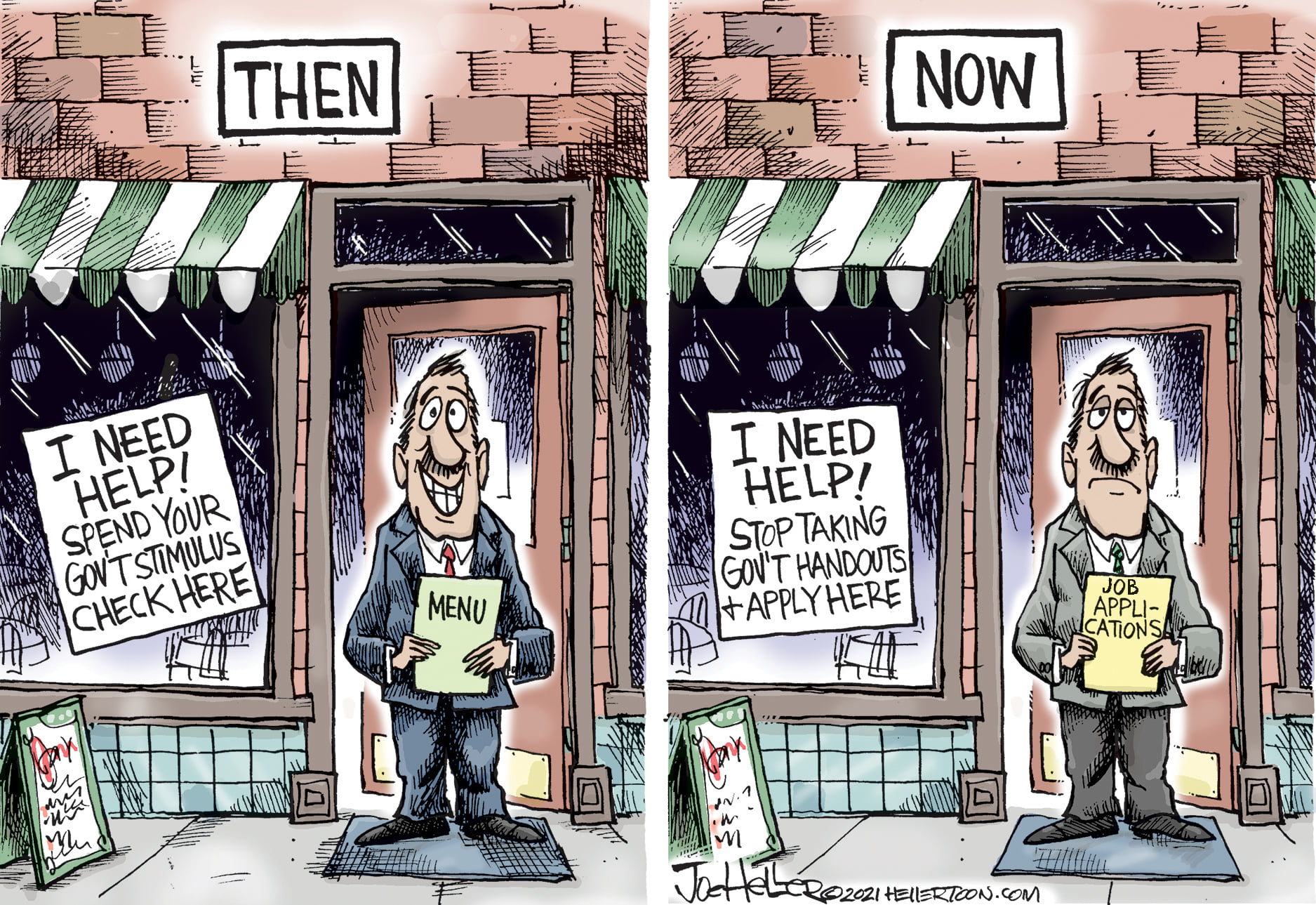
Fox keeps the anti-vax message going:
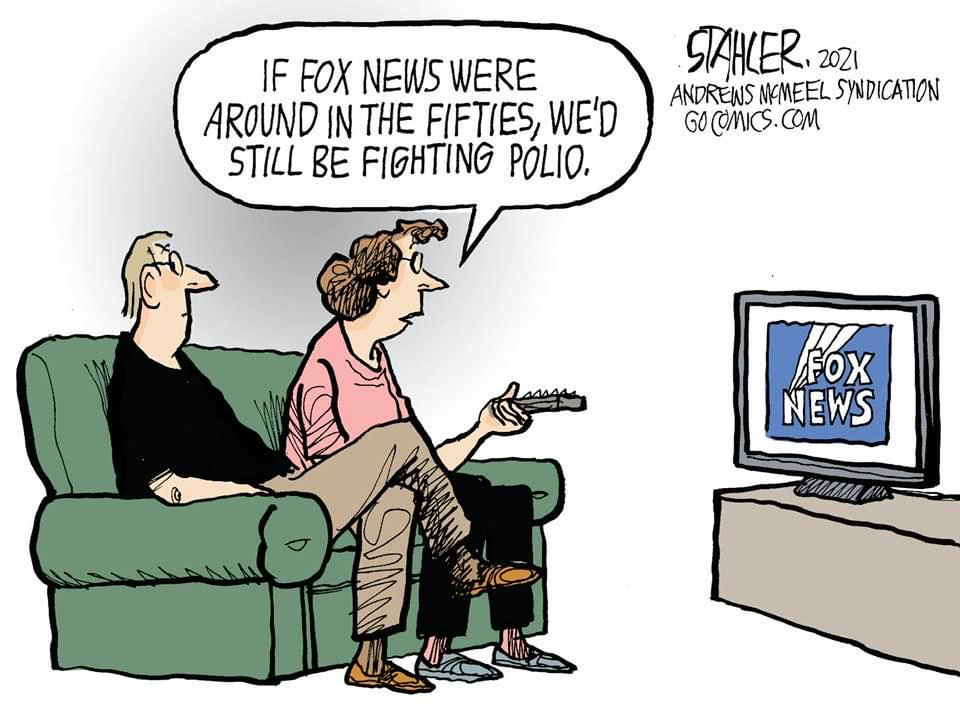
Market for fake IDs seems to be the gas hoarders:
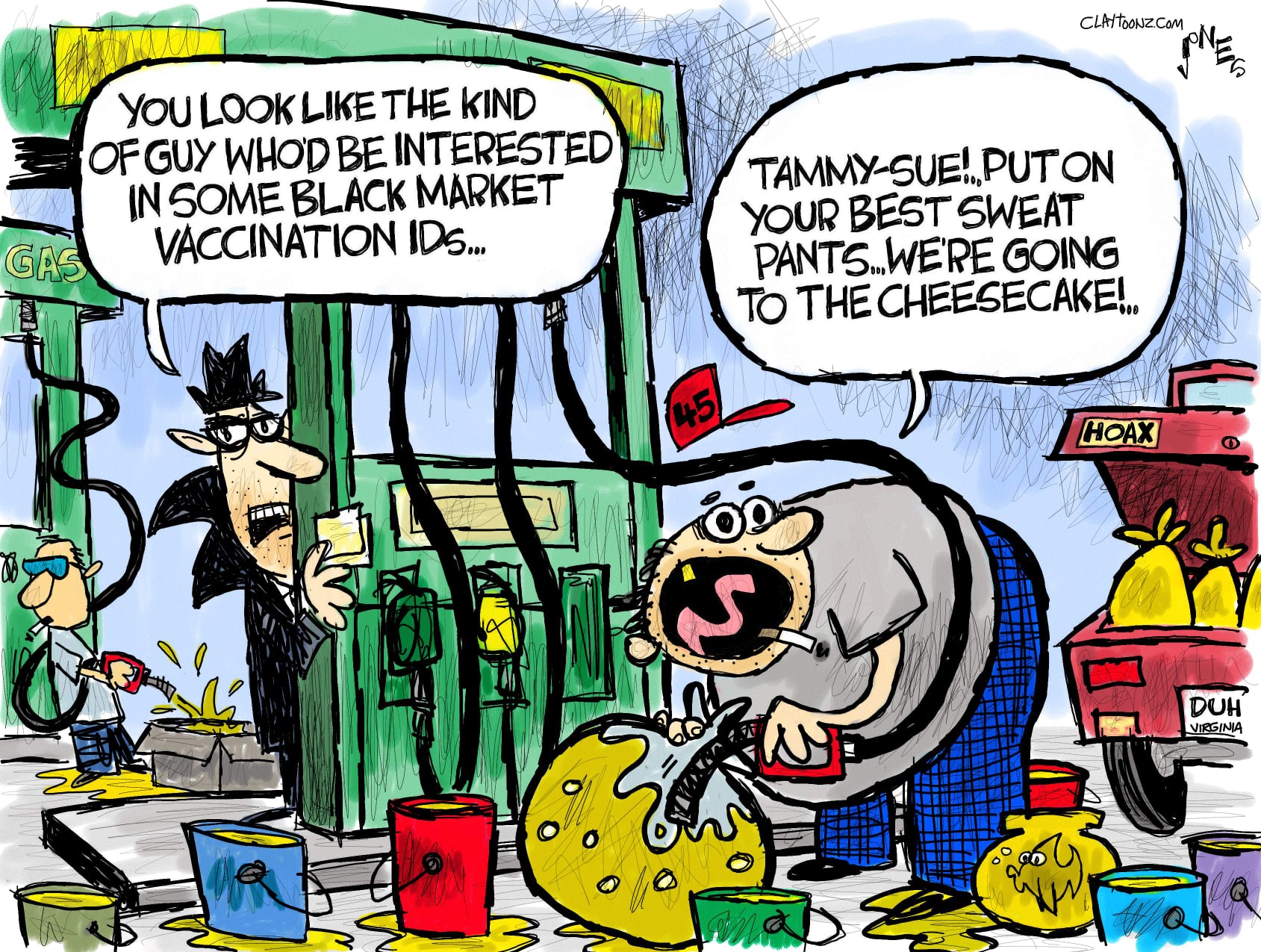
Will this ever end?

Israel is losing control of the narrative because there are only so many viral videos of brutality that it can dismiss by saying, “Actually this is way more complicated than it looks.” As Caitlin Johnstone says, a nation that cannot exist without nonstop warfare is not a real nation, it’s a military operation with suburbs. This map should tell you that there is no possibility of a two-state solution. Palestine won’t be viable unless large numbers of settlers are removed, and that’s not happening:

More: Back in the Nineties, Netanyahu said that then-Prime Minister Yitzhak Rabin was “against Jewish values” for offering to withdraw from some of the occupied territories in exchange for peace. He led a mock funeral at which his followers brandished signs with Rabin’s head in the crosshairs of a gun. And when Rabin was assassinated by one of Netanyahu’s followers, he said he never condoned violence.
He’s also the guy who hasn’t been able to form a government after four tries, who’s also in danger of going to prison for corruption, assuming he can’t somehow cling to power.
The US has to think carefully about what our role should be in this conflict.



